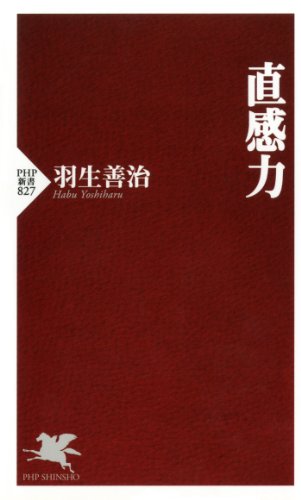Intuition is Important, But It Must Be Verbalized

I have confidence in my intuition.
Intuition and decisiveness go hand in hand, and I believe it's crucial to be able to choose the right path when something feels right.
In business, you constantly face challenges without clear answers. I often feel that my gut feeling about what might work and what won't is rarely wrong. However, you can't persuade anyone with baseless intuition, so I want to explore this topic further.
What Exactly Is Intuition?
It's easy to imagine that intuition plays a significant role in the world of shogi (Japanese chess). There are about 80 options on the board at any given moment, and players are constantly forced to make choices.
Shogi master Yoshiharu Habu mentions in his book "Intuition" the following:
Intuition, even if it’s a choice made in a brief moment, less than a second, can still be properly explained why that choice was made. It is not a random or blind choice, but something born from what one has built up over time.
Intuition is cultivated from one's experiences, and there is always a basis for it within oneself. This means it can be verbalized.
In service provision, what closely relates to intuition is having a "general sense." Perhaps a better term would be an average sense.
In my case, I often predict the thought processes of users and plan strategies accordingly. I focus on empathizing with the users.
During my student days, I worked as a tutor for six years. I realized that the difference between good and poor teachers lies in how well they understand and empathize with their students. Even someone from the University of Tokyo, no matter how smart, can't teach effectively if they don't understand the student's perspective. Often, what is easy for a smart person is not easy for others. It's crucial to match your thinking to the student’s level, and then you can see where they might get stuck.
Incorporating Others' Experiences
While personal experience is the primary material for judgment, it's also possible to incorporate the experiences of others through books. However, Habu also says:
Being caught up in short-sighted results or relying solely on data and information gathering is probably not enough. It's not that awareness of these is unnecessary, and they usually sneak into our judgment criteria. But precisely because of that, we must intentionally keep them in check.
Collecting information is important, but blindly incorporating it can lead to the wrong judgment axis. It's crucial to scrutinize information before adding it to your toolkit.
Books provide a sense of achievement just by reading them, but that's not enough. After reading, I compare the content with my own experiences and business. I believe that by publicly outputting, such as through blogs, the information inputted becomes more refined. Lately, I've been trying this flow.
Verbalizing Intuition
Since intuition is based on personal experience, it should be possible to verbalize it over time. Of course, in time-restricted situations like shogi, there isn't much time to delve into the basis of intuition, but in business, there is plenty of time to think. It's important not to let intuition end as just intuition, but to think about and verbalize "why I felt that way."
As a separate issue, verbalizing thoughts is challenging, so I want to practice expressing my thoughts through blogging.
Furthermore, as my thoughts and imaginations alone aren't persuasive enough, I plan to continue this style of sharing them along with references from books. Increasing input, output, and applying them to myself and my business seems to be killing three birds with one stone and is working well for me so far.















